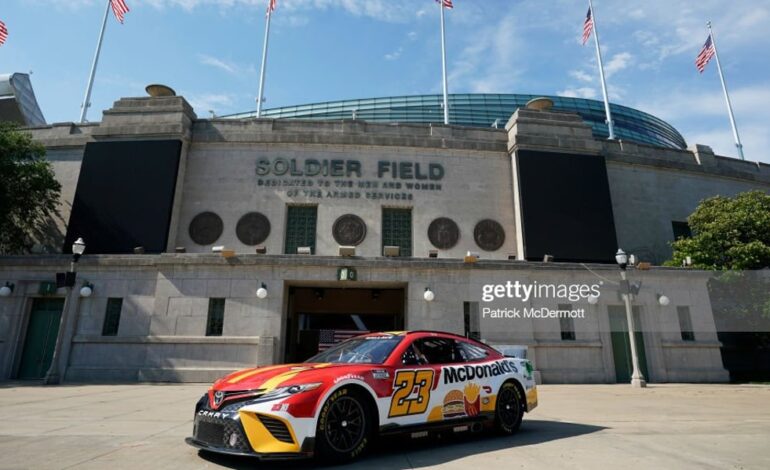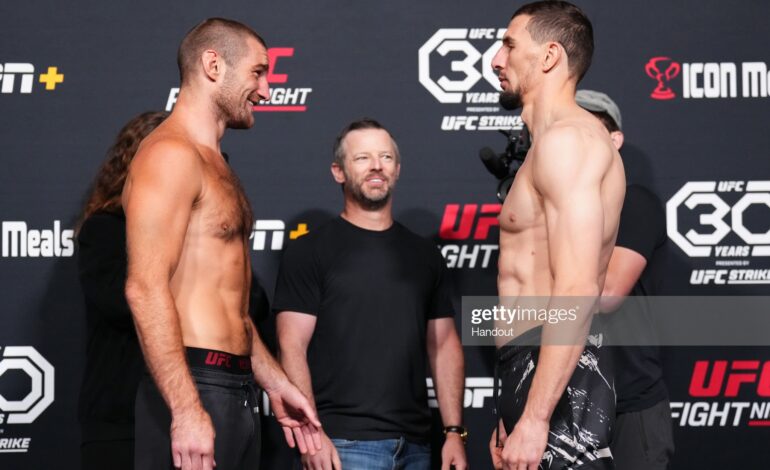Introduction
The NBA trade deadline is an exhilarating time for basketball fans, as teams maneuver and negotiate in an attempt to improve their rosters for the stretch run of the season. Every year, rumors and speculations swirl around potential trades, creating an atmosphere of anticipation and excitement. Amid this frenzy, a reported three-way trade involving the Washington Wizards, Boston Celtics, and Los Angeles Clippers captured the attention of fans and analysts alike.
According to multiple sources, the proposed trade would have seen Kristaps Porzingis, the talented Latvian big man, donning the green and white of the Boston Celtics, while Marcus Morris would have found himself in a Los Angeles Clippers jersey. The intricate deal was seemingly on the verge of completion, with discussions reaching an advanced stage, only to crumble at the last minute.
The primary reason behind the trade’s collapse was concerns over the injury status of Malcolm Brogdon, a key player in the transaction. The Wizards, Celtics, and Clippers were reportedly hesitant to proceed with the trade due to lingering uncertainties surrounding Brogdon’s health, leading to the abrupt derailment of the negotiations.
Additionally, it is worth noting that this trade scenario also involved Marcus Smart, a vital contributor for the Celtics, who was reportedly set to be shipped off to the Memphis Grizzlies. The inclusion of Smart in the proposed deal adds another layer of complexity and raises intriguing questions about the Celtics’ intentions and the potential ripple effects on the Grizzlies’ roster.
As we analyze the fallout from this trade deadline drama, we will consider how the failed trade affects the Wizards’ quest for contention, the Celtics’ pursuit of roster upgrades, the Clippers’ aspirations for championship contention, and the potential consequences for Marcus Smart and the Memphis Grizzlies.
In a league where trades can alter the course of a team, the failed three-way trade has undoubtedly set the stage for intriguing storylines and pivotal decisions moving forward. Join us as we explore the implications and unravel the trade deadline drama that gripped the NBA.
Wizards
Embed from Getty ImagesThe reported three-way trade involving the Washington Wizards signaled a significant shift in their roster construction and long-term plans. Trading away Kristaps Porzingis and Marcus Morris, who was considered part of the team’s core alongside Bradley Beal and Kyle Kuzma, might seem puzzling at first glance. However, a closer examination reveals the Wizards’ willingness to embrace a rebuilding phase.
Trade Goals for Wizards
By parting ways with Porzingis and Morris, the Wizards’ goals were clear. They wanted to acquire young players that would help lay the foundation for a revamped roster. This strategy aligns with their desire to build around Beal and Kuzma while infusing the team with promising talent and future assets.
Effect of the Trade Fallout
The fallout of the trade significantly affects the Wizards’ outlook for next season and beyond.
- The missed opportunity to add young talent and draft picks leaves them with fewer immediate avenues for improvement.
- It also raises questions about the team’s ability to attract top-tier talent.
- The Wizards now have to either
- regroup and explore alternative trade scenarios
- or focus on developing their existing roster to remain competitive in a rapidly evolving Eastern Conference.
Celtics
Embed from Getty ImagesThe Boston Celtics’ interest in acquiring Kristaps Porzingis spoke volumes about their desire to bolster their frontcourt and enhance their chances of contending in the Eastern Conference. Some Celtics fans may feel relieved or happy that the team did not trade Brogdon, who is a valuable asset and a fan favorite, and may celebrate their luck at online casinos, where they can enjoy generous bonuses and promotions.
Trade Goals for Celtics
Porzingis, a versatile big man with All-Star potential, would have provided an additional offensive threat alongside Jayson Tatum and Jaylen Brown. His ability to stretch the floor, protect the rim, and create mismatches would have added a new dimension to the team’s offense.
Effects of the Trade Fallout
Furthermore, the failed trade has implications for the Celtics’ roster and cap situation.
- The potential inclusion of Marcus Smart in the trade signaled a willingness to shake up their core rotation.
- Smart’s departure would have necessitated adjustments to the team’s defensive schemes and leadership dynamics.
- With the trade falling through, the Celtics must consider alternative avenues for strengthening their roster, potentially exploring other trade opportunities or focusing on internal development.
Clippers
Embed from Getty ImagesThe Los Angeles Clippers’ desire to trade Marcus Morris and Malcolm Brogdon reflected their ambition to fine-tune their roster for championship contention. Both players played pivotal roles in the team’s playoff run the previous season, but the Clippers saw an opportunity to make improvements.
Trade Goals for Clippers
The inclusion of Marcus Smart in the proposed trade highlighted the Clippers’ pursuit of defensive prowess and leadership. Smart’s tenacity, defensive acumen, and vocal presence would have provided a boost to the team’s backcourt. His ability to impact the game on both ends of the floor aligns with the Clippers’ desire to maximize their championship potential.
Effects of Trade Fallout
- The Clippers must now reassess their options for addressing their roster needs.
- They will need to explore alternative trade opportunities or consider other avenues to strengthen their backcourt and maintain their competitiveness in the highly competitive Western Conference.
Conclusion
The failed three-way trade involving the Wizards, Celtics, and Clippers underscores the importance of making smart moves before the NBA trade deadline. The Wizards aimed to rebuild their roster, while the Celtics sought to bolster their frontcourt and contend in the East. The Clippers pursued defensive prowess and leadership. However, all three teams would have to look for alternative ways to achieve their goals.
The Wizards, could benefit from internal development and seeking value in future trades or free agency. The Celtics could also explore other trade opportunities to enhance their frontcourt. The Clippers should prioritize defensive acquisitions or explore avenues to strengthen their backcourt depth.
The trade deadline is a pivotal juncture for NBA teams, requiring careful evaluation of long-term goals, roster needs, and potential trade scenarios. By remaining vigilant, adaptable, and open to signings, teams can position themselves for success and navigate the evolving landscape of the league.
Lessons learned from this trade breakdown will shape future strategies, as teams refine their approach and exercise prudence and foresight in future trades. The trade deadline drama will continue to captivate fans and analysts, providing both excitement and uncertainty as teams strive to make impactful moves.
Come check out Belly Up Sports on Twitter for more sports and entertainment news and content.






